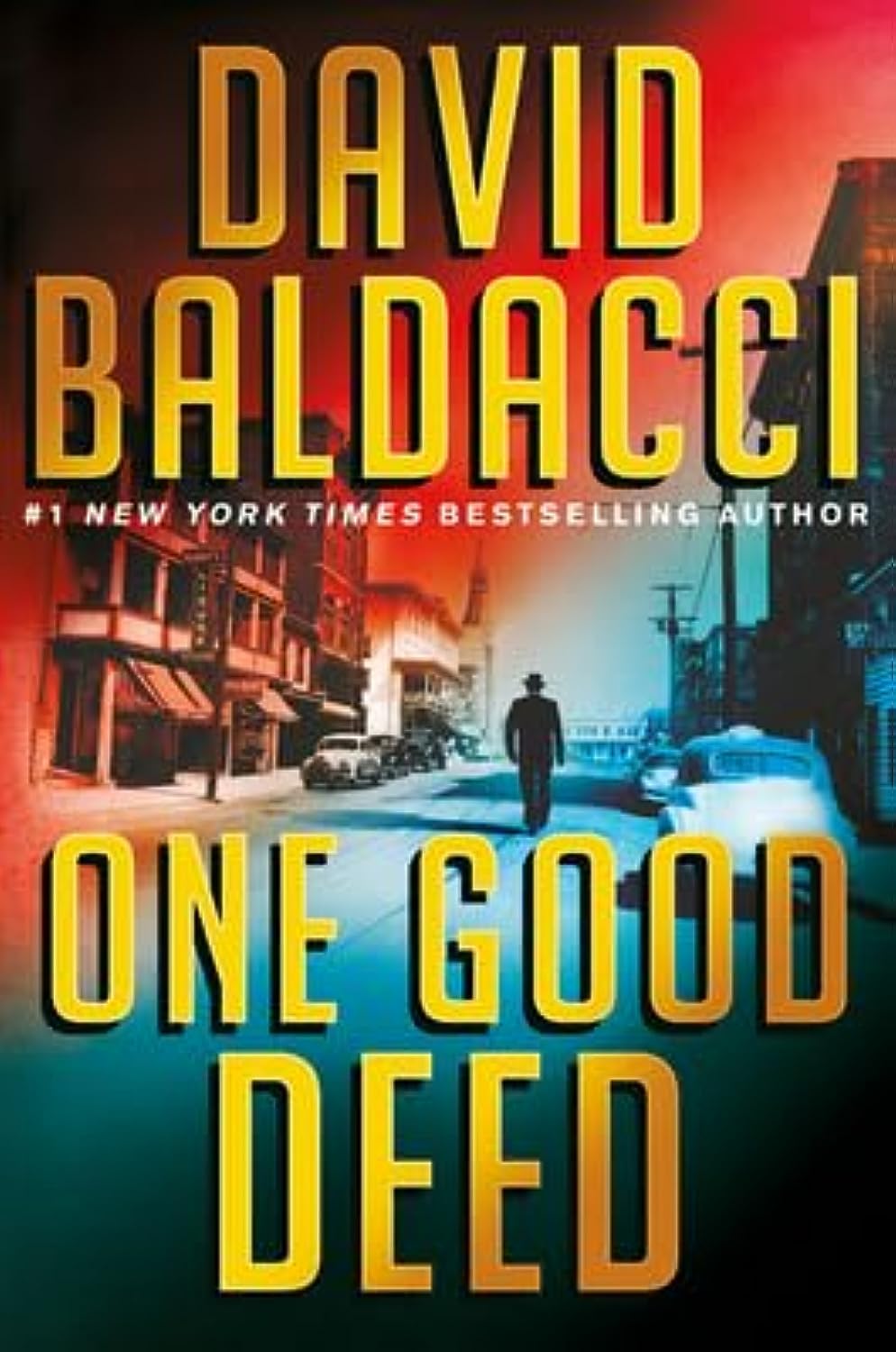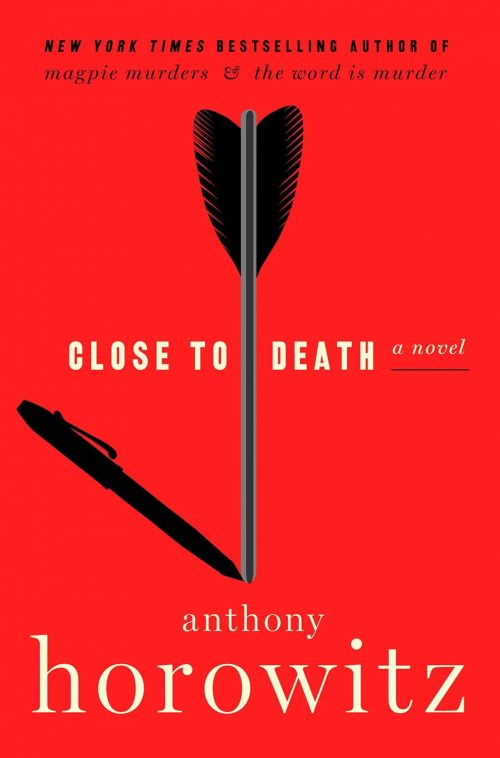One Good Deed
In “One Good Deed,” David Baldacci transports us to 1949, embedding us in the life of World War II veteran Aloysius Archer who, fresh from the confines of Carderock Prison, arrives in the seemingly sleepy town of Poca City. Baldacci, revered for his adeptness in weaving tight narratives and suspense-filled plot twists, does not disappoint. The context is post-war America, a fertile ground for narratives rich in character development and moral complexity.
Upon arrival, Archer faces stringent parole conditions, including avoiding alcohol and maintaining employment—simple to demand, harder to deliver in Poca City’s maze of secrets and entanglements. Archer’s quest for normalcy is upended when he becomes enmeshed in local machinations involving a debt collection for the influential Hank Pittleman.
The initial setup of the novel—Archer’s accidental dive into local politics and criminal conspiracies—is compelling. Baldacci crafts a multi-layered narrative, orchestrating a cast of characters who are as enigmatic as they are colorfully fleshed out. The widow, the mistress, the businessman, and the ornery parole officer form a vortex that Archer, with grit and intelligence, must navigate to ensure his return to prison is not imminent.
Baldaccci’s writing shines brightest in his portrayal of Archer, who, despite his best intentions, finds trouble as a constant companion. Baldacci’s pacing is brisk, yet detailed enough to allow for substantial character growth, particularly Archer’s, whose inner conflicts and evolving moral compass form the core of the narrative.
The setting of Poca City acts nearly as a character itself, reflecting the nuances of small-town America in the late 1940s, replete with its post-war economic and social reverberations. Baldacci’s thorough research underscores every detail, from cultural references to the lingering scars of war on both landscape and people.
However, while Baldacci’s plot architecture and character assembly are commendable, the book occasionally wanes under the weight of its own complexity. The multitude of characters and subplots, though mostly well-managed, sometimes cloud the narrative, making it a tad strenuous to follow.
The novel’s resolution ties up neatly, perhaps too polished for the messy entanglements earlier presented. Nevertheless, Baldacci manages to furnish a satisfying conclusion that reinforces the themes of redemption and resilience, leaving enough intrigue to anticipate future journeys with Archer.
“One Good Deed” is a robust entry into the historical thriller genre. It combines rigorous historical detail with the breathless pace of a whodunit mystery. Baldacci fans, as well as newcomers, will find much to relish in this tale of crime, struggle, and redemption. It is a narrative that confidently asks its readers to consider how one good deed can recalibrate the moral scale, a proposition that resonates well beyond the final page.









Reviews
There are no reviews yet.